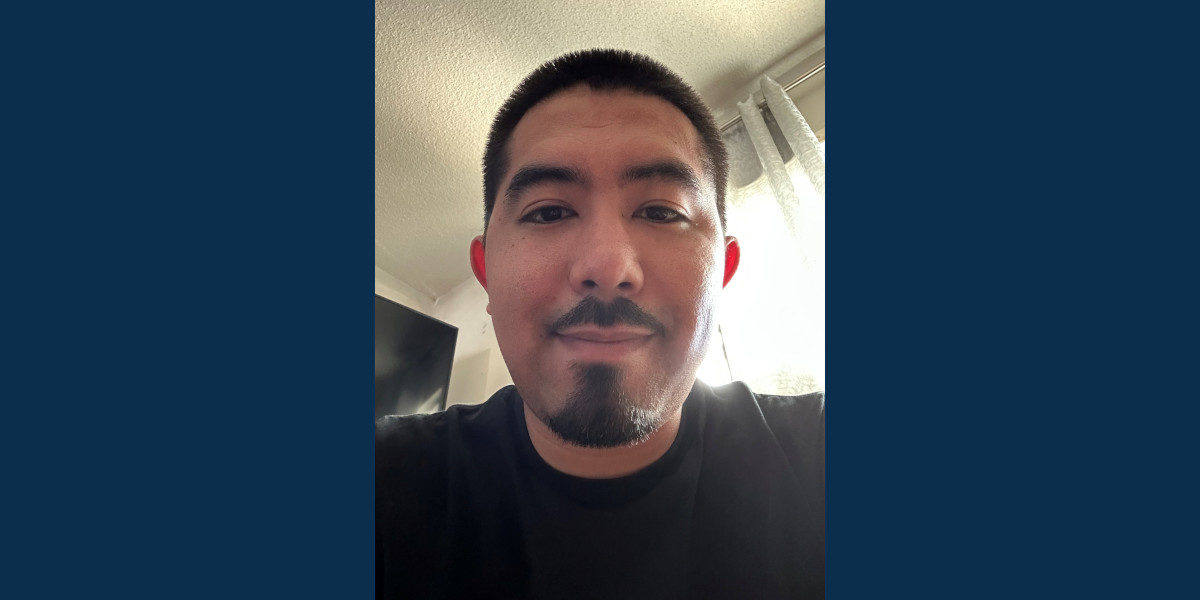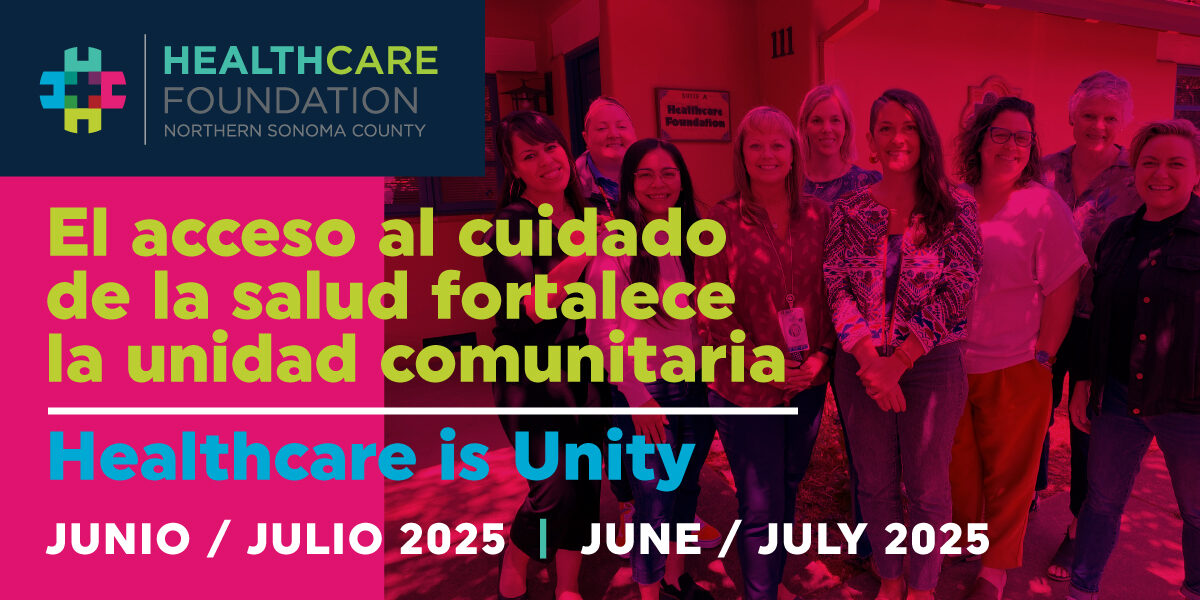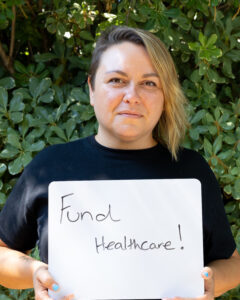

Supporting HOPE
We hear from Rogelio Lopez, a participant in SRJC's HOPE program for low-income, first-generation students pursuing degrees in the medical field.
The Healthcare Foundation recently secured a generous $15,000 grant from Medtronic Foundation to support the HOPE scholarship program at Santa Rosa Junior College. We contributed an additional $5,000, for a total of $20,000 in funding support, which will provide forty $500 scholarships to SRJC students in 2023.
The Health Occupation Preparation Education (HOPE) program is designed for low-income, first-generation students with visible or invisible disabilities pursuing degrees in the medical field. HOPE is built on intervention strategies, support networks, and proven evidence-based models for student success to ensure participants persist and complete their certificate or degree, or transfer to a four-year institution.
HOPE contributes directly to student retention and success by providing career and academic counseling, assistance with applying for scholarships and financial aid, a study center featuring staff support, workshops, career resources, field trips to colleges, and even mentors within the medical community.
Rogelio Lopez, a new father and the son of parents who immigrated from Mexico, is the first in his family to go to college. He is currently a second-year Health Sciences student in the HOPE program.
What drew you to the medical field?
Growing up, I was always family-oriented and liked to help others. I think that pushed me toward the medical field, where I get to talk to people, to know people, and assist with their care.
“After I became a member, everything just kind of clicked. It made everything so much easier.”
Rogelio Lopez, HOPE Student
Has being bilingual and bicultural helped you in that role?
Oh, a hundred percent. Everyday, when I go to the clinic, there’s a Spanish-speaking person facing this English barrier. They have that look: “I don’t know what’s going on, I’m just here with this note.” After I talk with them, and explain, they feel a lot more at ease. Sometimes they hadn’t even known why they were getting an exam. Working in this bilingual capacity means overall better-quality care for the patient, and it’s personally fulfilling as well.
How has the HOPE program helped you in pursuing your degree?
I had a whole year of not being around school, financial aid, the guidance of a counselor, any of that. I filled out an application, which was fairly easy and quick, and they started helping me even before I became a member, just telling me the ropes, offering suggestions. After I became a member, everything just kind of clicked. It made everything so much easier. The counselor was right there. I didn’t have to make an appointment. They helped greatly with the complicated financial aid process, and that’s how I was able to get financial aid.
It sounds very helpful.
Extremely helpful. They have computers you can use, they have rooms, they even have a couch if you’re feeling tired—me, personally, with the newborn, I will just hang there sometimes. They have snacks for you. And they are just super approachable if anything arises. They are there to help. The main thing about the HOPE Center is right there in the word, it actually gives you hope.

Related News + Stories
Invest in Our Community
Your support is vital to our collective vision of eliminating health inequities in northern Sonoma County.
Donate



